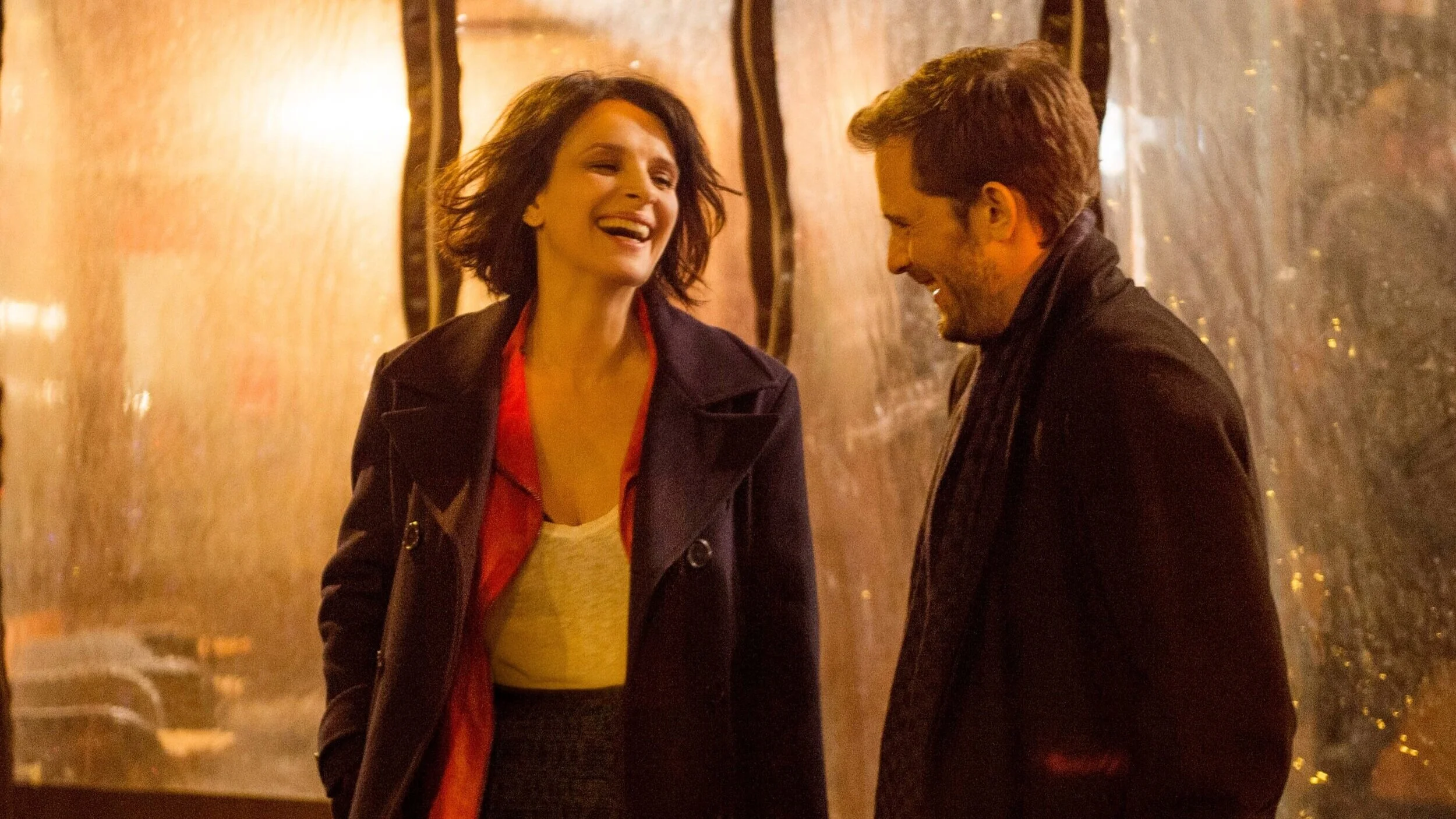Let the Sunshine In
A very original piece from Claire Denis with a hugely questionable conclusion.
Colonialism is a subject associated with the work of the noted French filmmaker Claire Denis but she is an artist difficult to categorise given that her films include Beau Travail (1999) with its avant-garde minimalism, Trouble Every Day (2001) with its use of horror tropes and the Ozu-influenced 35 Shots of Rum (2008). What you would not expect, however, is a film from her that could be described as a romantic comedy. Yet that is how some people have seen Un Beau Soleil Intérieur, the film that she co-wrote with Christine Angot and which now reaches us under the rather misleading title Let The Sunshine In. In the event, however, this film offers something not so easily classified.
Although Denis initially gives the impression of being trendy by starting off with a frank sex scene, her film soon emerges as something very individual best described as a sad comedy. At its centre is Isabelle (Juliette Binoche), a painter who, now separated from the man by whom she had a daughter, is desperately seeking a significant relationship with some other man. Living in a society in which many women no less than men readily turn to sex, she is not bashful at taking on lovers including the married man, a banker named Vincent (Xavier Beauvois), who is seen with her in the opening scene. But in all cases these men fail to live up to her hopes.
Her sometimes hesitant and never satisfying relationships involve the kind of talk that seems quintessentially French but, satisfactory as the other players are, the heart of the film lies in the performance of Juliette Binoche. Isabelle can be foolish and end up in situations that are silly but Binoche, possessed of all the radiance of star quality, lights up the screen and ensures that, despite the humour (which only occasionally seems forced), we feel for Isabelle in her quest. All this meant that I was liking this film a lot until, quite suddenly, it shot itself in the foot.
This happens in the last 15 minutes with the clumsy introduction of Denis (Gérard Depardieu, no less) who gives psychic readings. Isabelle, uncertain of her future, calls on him for guidance almost as though visiting a therapist. It's a comic scene since Denis, incompetent in his own love affairs, comments on the men in Isabelle's life in an untrustworthy way while hinting at his own interest in her. In addition, he urges her to be open to whatever may arise and she seems to take his advice to heart which means that the comedy here is at her expense. Quite apart from the nonsense of playing the end credits while the last scene is still in progress, the film by concluding in this way ends on a note inconsistent with all that has preceded it. Even allowing for the constant pleasure of Agnès Godard's photography, this ending makes me wonder if my rating is rather over-generous.
MANSEL STIMPSON
Cast: Juliette Binoche, Gérard Depardieu, Xavier Beauvois, Philippe Katerine, Josiane Balasko, Nicolas Duvauchelle, Alex Descas, Laurent Grevill, Bruno Podalydès, Paul Blain, Valeria Bruno Tedeschi, Sandrine Dumas.
Dir Claire Denis, Pro Olivier Delbosc, Screenplay Christine Angot and Claire Denis, Ph Agnès Godard, Art Dir Arnaud de Moleron, Ed Guy Lecorne, Music Stuart A. Staples, Costumes Judy Shrewsbury.
Curiosa Films/FD Production/Ad Vitam. Venus Production/Cinémage 12-Curzon Artificial Eye.
95 mins. France/Belgium. 2017. Rel: 20 April 2018. Cert. 15.


